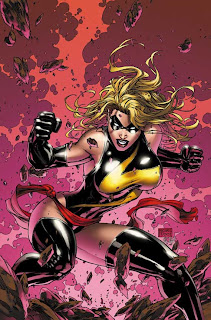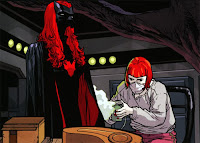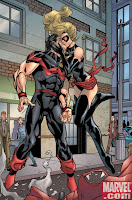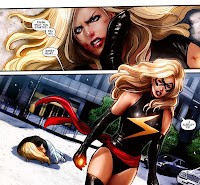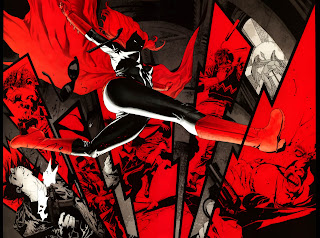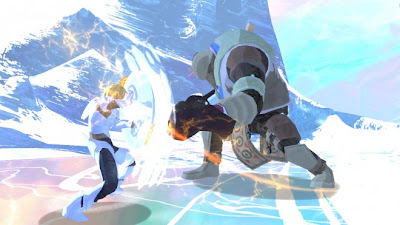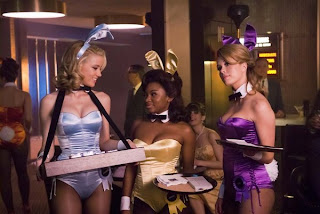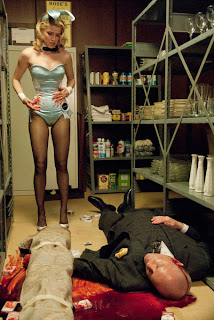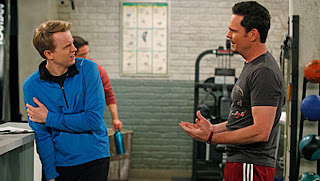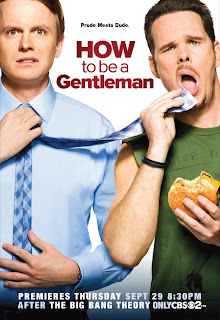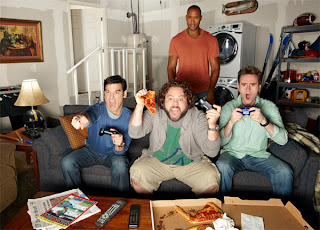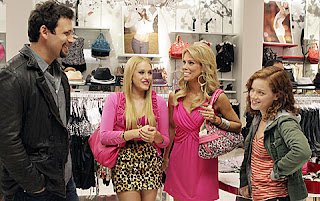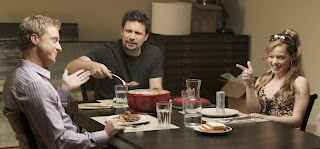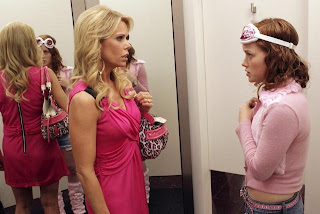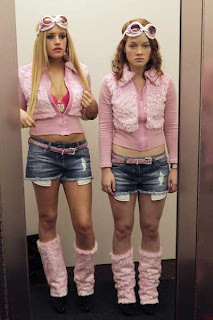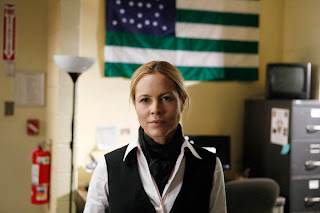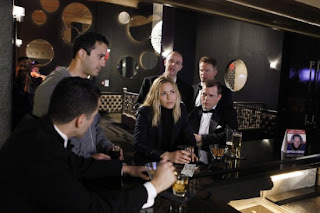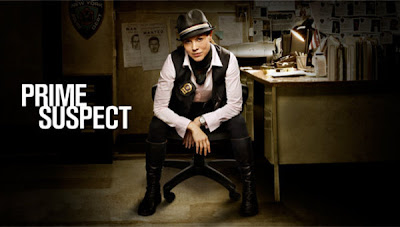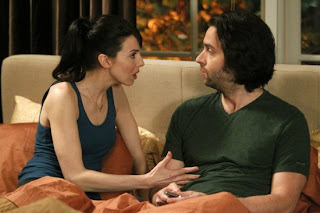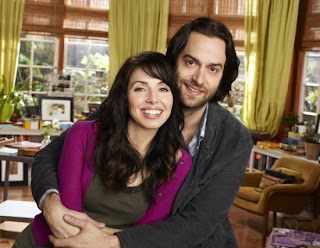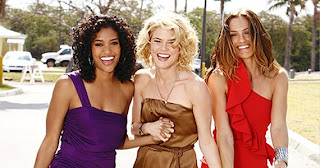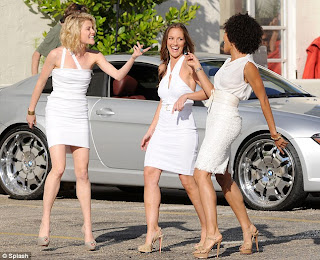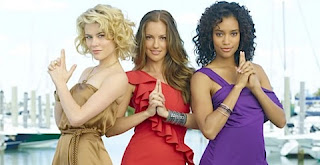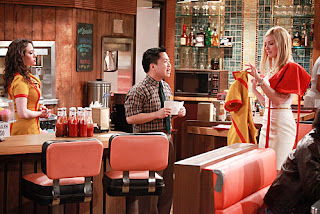 |
| Women who wait tables, cook and scheme. Viva la revolucion! |
Which brings us to today.
2 BROKE GIRLS (Mondays at 8:30 EST)
It’s a decent enough show, I guess.
Whatever.
Max (Kat Dennings), who plays to every single bad girl with daddy issues/trailer trash stereotype you like to pretend you don’t have, is one of the titular broke girls. She’s sarcastic and funny, and not too hard to relate to as a character, even if she is a little one note in her hatred of everything. The other broke girl is Carolyn (played by some blonde chick who isn’t Kat Dennings). She’s not!Bernie Madoff’s daughter, forced to actually work for a living when not!Bernie Madoff is sent to jail for ripping off all of New York. Gasp.
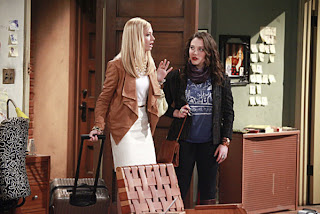 |
| Nope. Not contrived at all. |
But this is not my problem with the show. It’s a sitcom, I will allow it its quirks and silliness. No, what I freaking hate is that this show is based on a faulty premise.
These girls aren’t broke.
1. They both have a job. Max has two jobs. Both of them pretty freaking decent. She’s a waitress, sure, but she seems to make really good tips, and during the day she works as a nanny for a rich upper-east side lady. It may be demeaning, but nannying pays really well. She even sells cupcakes on the side. So, no, not broke. Not rich, by any means, but she’s doing okay.
2. Max’s apartment is not a broke person’s apartment. No, this isn’t Friends where the unreality was grating and obnoxious, but it’s still not the apartment of a person who must go on and on about how broke they are all the time. It has a large living room, nice kitchen, bedroom, decent bath, and a yard.
 |
| BROKE PEOPLE DON'T HAVE HORSES. |
4. Broke people do not go out to bars, restaurants or for coffee all the time. They just don’t.
5. Broke people do not save money. Not because they won’t or they’re terrible at it, or that’s why they’re broke in the first place. BROKE PEOPLE DON’T SAVE MONEY BECAUSE IF THEY DID, THEY WOULDN’T BE BROKE ANYMORE. If you’re broke, you’re living paycheck to paycheck, if that, barely managing to scrape up enough for your bills. Or you’re not, and you’re going into debt. You are not saving hundreds of dollars every week towards your future dream of owning a cupcake business. Because if you’re truly broke, you’re using that money to pay your rent.
And I think that’s where the show got me. Fine. Max is a waitress in the worst, most racially insensitive restaurant in the world. Whatever, her apartment has a yard. Okay, she is apparently a cupcake wizard. But broke? Oh honey. No.
 |
| Riiiiiight. |
When it gets down to it, 2 Broke Girls did nothing for me. There’s a little rage, but mostly, I’m just numb. These aren’t new characters, it’s not a new premise, the setting’s older than dirt, and even a generous sprinkling of vagina jokes can’t save this show from feeling like what it is: a modern retread of the same old story, with a few punched up lines along the way.
I should relate to these girls. I know I’m their target audience. I’m young, broke, subletting a room in a little apartment in the big city, scrimping and saving to do what I love. I’m broke. I should look at them and go, “Yes. That’s me.”
But I really, really don’t.
Maybe if there were something to them besides their (misleading) financial situation. Some glimmer of heart or depth or actual proof that someone involved in making this show cared about more than their paycheck (except for Kat Dennings, who hits every line like it owes her money, but can’t carry it all herself). It’s doesn’t offend me so much as it just doesn’t do anything for me. It’s numb, like Liz Lemon slipping into a Dennis-coma, I can’t feel anything below my neck.
And seriously, that is not something you want people to say about your tv show.
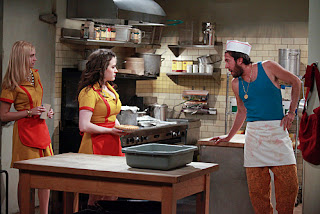 |
| Hahahahasexualharrassmentlawsuit. |
*The shows just mentioned are as follows: The Secret Circle and Once Upon a Time, Hart of Dixie, Unforgettable, I Hate My Teenage Daughter, and, of course, 2 Broke Girls.
[Note: Still to come out are two shows that I actually have some hope for. Don’t Trust the Bitch in Apartment 23 and Are You There Vodka, It’s Me Chelsea both have potential to be scathing, funny, and incisive looks at modern womanhood. But, like I said, neither is out yet. Booooo.]

